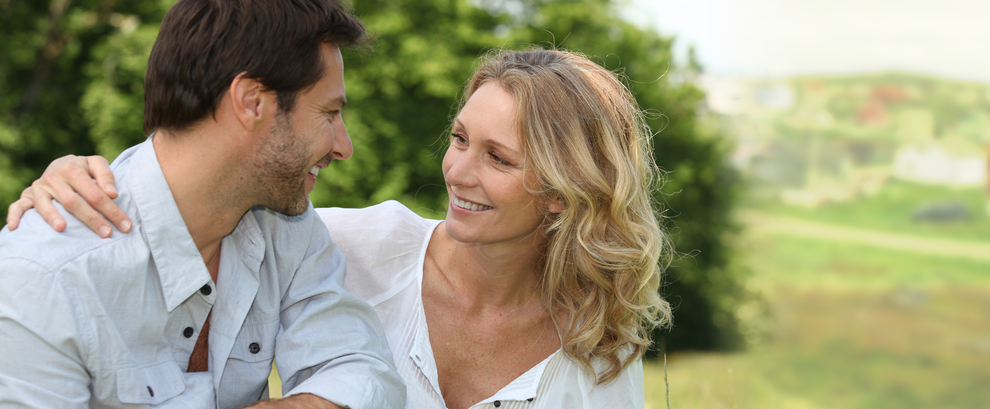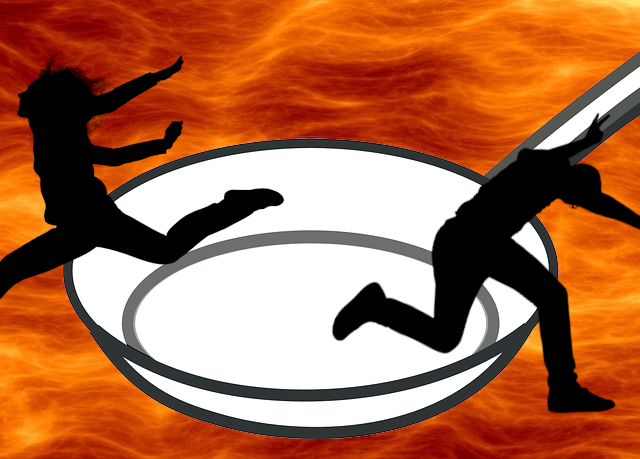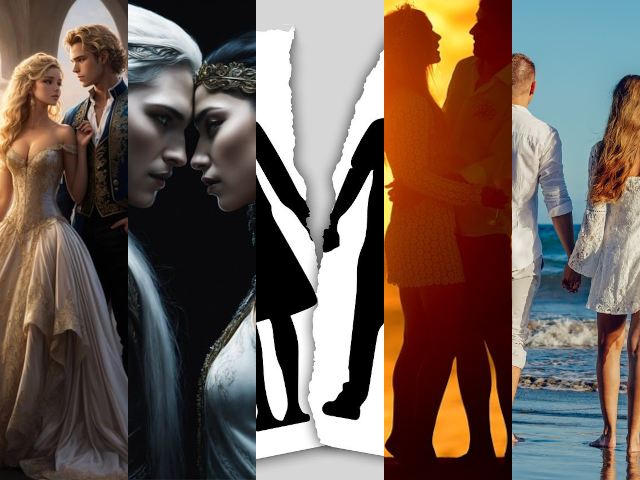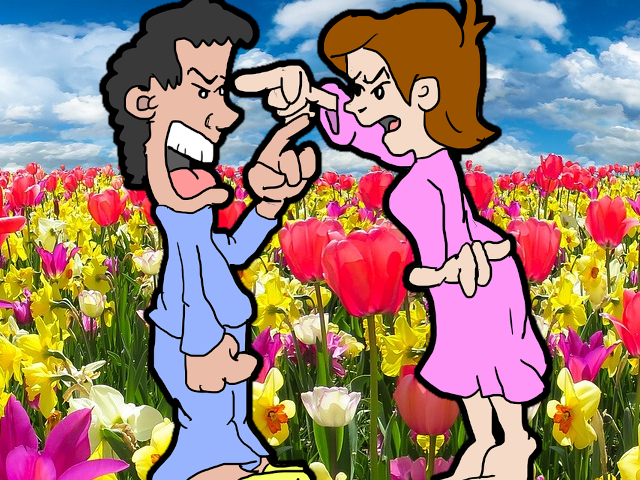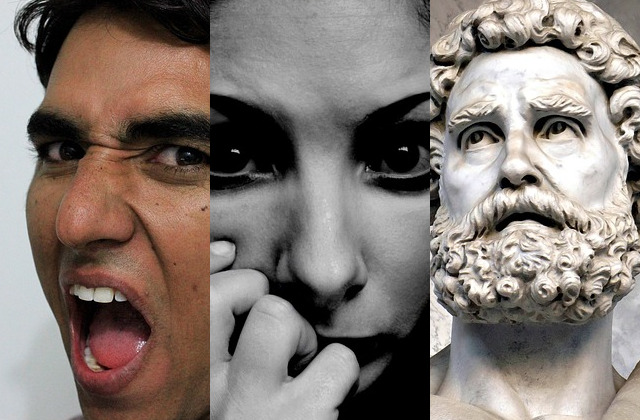The ultimate goal for every relationship is “happily ever after.” When you are at this stage, you just know in your heart that it is exactly where you should be. It really is about forever and knowing in your heart that it will never be any other way.
This stage is about being independent of and interdependent with your partner at the same time. It is where the two of you, your separate “me’s,” exist side by side and the “we” becomes the concrete that binds you. It is the place where the two of you have the capacity to achieve even more together than separately.
A study done with sled dogs symbolizes the unbelievable power of couples in this stage of their relationship...
Read More


